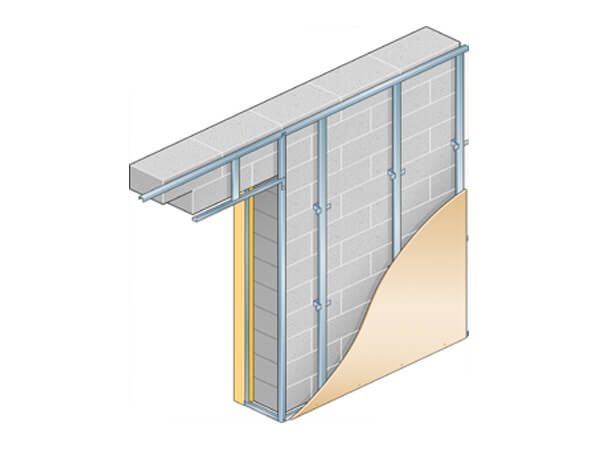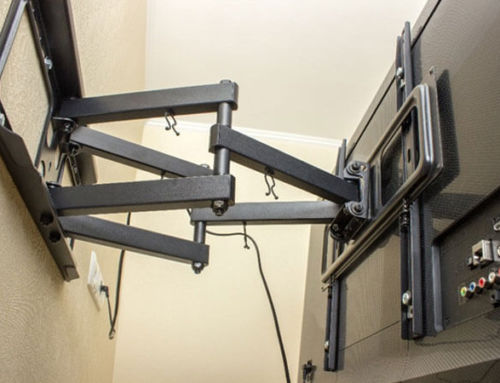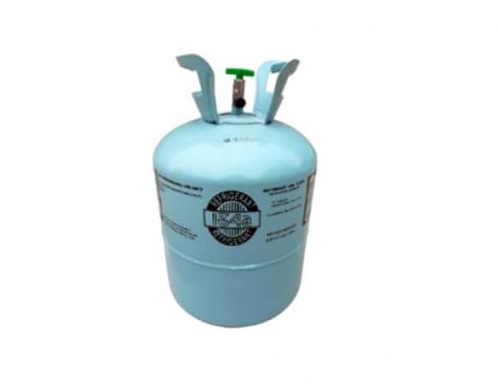If you buy a new flat screen TV, in my opinion, in order to save space, it should be hung on the wall. You might wonder if it’s safe to hang a TV on the wall? Could it fall? Why did the TV fall off the wall? In this article, we’ve sorted out some common reasons to avoid this happening to you.
Is my TV safe to hang on the wall?
I can assure you that your TV is safe on the wall as long as it is installed correctly. Most of the new flat panel LED / OLED TVs are very light now. Every TV I encounter that falls off the wall is usually installed incorrectly, or the TV is too large and heavy to match the TV bracket.
Wall type
Before I continue, I want to familiarize you with the three main surface types of TV fixing. Each type usually uses different fixing methods to safely install the TV on the surface. These are:
- Solid wall / brick wall – solid walls are made of bricks, stones, concrete and other materials. It’s easy to identify a solid wall. Knock it, and you can easily identify whether it’s a solid wall through sound.
- Stud wall – stud wall is a gypsum board fixed to wood or metal. They are usually not load-bearing and are usually used to separate rooms. It can also be distinguished by tapping with your fingers. Stud wall sounds hollow.
- Dry-lined wall – Dry-lined wall is to stick gypsum board to the back brick wall with adhesive. This type of wall is increasingly used in new and recently renovated houses because it usually makes the plastering process faster. This kind of wall is difficult to distinguish by sound. If you tap the wall, it may sound hollow, but you may also find some solid parts of the sound.

Common reasons that TV’s fall from walls & how to avoid this happening to you
Now let me talk about the most common reasons that TV’s falling off the wall and how to avoid the falling
Wrong fixing accessories used
The most common reason why a TV falls off a wall is because it uses the wrong fixing accessories. Walls of different materials need different fixing accessories.
Solid wall
When installed on solid walls, screws with expansion bolts should be used, especially for larger TVs. Although a very small TV can use several screws, I strongly recommend using at least M8 fixing bolts with a length of at least 50mm / 2″. If the wall is thick enough, you may need to use 80mm / 3″ long bolts.
Stud wall
Obviously, stud wall is not as strong as solid wall, but this does not mean that stud wall cannot safely install TV. Since the wall is hollow, special fixings must be used to fix the TV to the wall. If possible, you need to install screw/bolt fixings into the studs. If it cannot be installed on the stud, we recommend using the wall anchor. The ordinary wall anchor can bear the weight of 25kg at most. If you have a heavy TV, you should try to avoid installing it on the stud wall.
Dry-lined wall
There is usually a small gap between the gypsum board and the wall, so I suggest fixing it to the wall with longer fasteners. You can use about 80mm long expansion bolts as on solid walls, but you must be very careful when tightening the bolts, because this may crush the gypsum board and crack the wall.
Overloading TV bracket – TV too heavy
When you buy a TV bracket, please pay attention to the maximum bearing capacity of the bracket, and do not install the TV that exceeds the bearing capacity of the bracket on the it. This is particularly important for the full motion TV bracket, because the full motion TV bracket can be moved and pulled out from the wall. The farther the TV is pulled out, the greater the stress on the bracket and fixing parts. With some loose fixings, it may fall.


